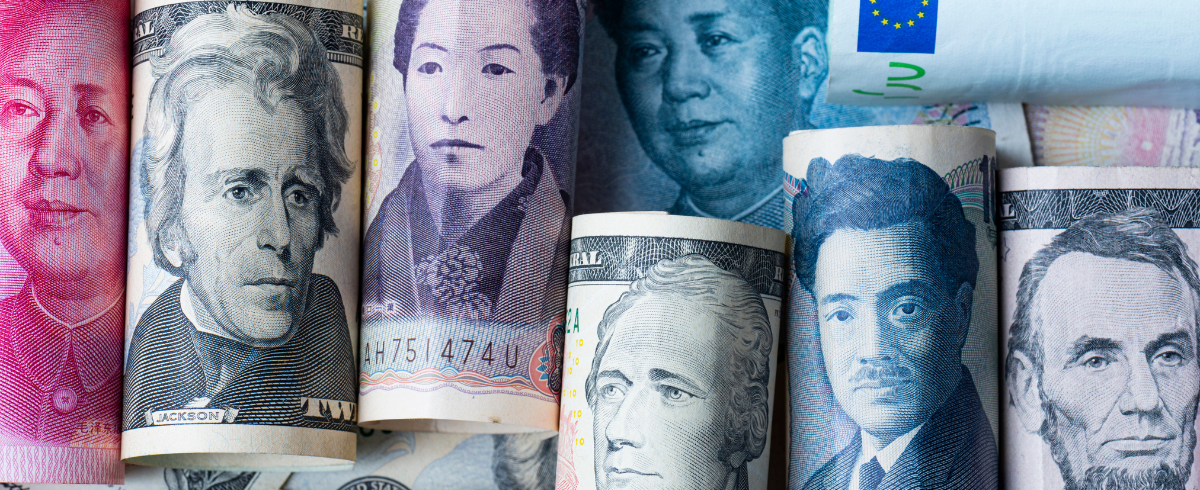I recently came across an article entitled “How Capitalism is Killing Democracy” by Robert Reich. The article is an adaptation from his book “Supercapitalism: The Transformation of Business, Democracy and Every Day Life”.
He argues that while capitalism and democracy seemingly went hand in hand for most of the 20th century, the link has been broken by the rise of an undemocratic, but capitalistic China and by growing income inequality.
I could not disagree more on almost every point!
- Capitalism leads to greater freedom.
- Capitalism leads to greater individual wealth which in turn leads to demands for democracy.
- Income inequality is not the issue: in country income inequality has increased, but global income inequality and quality of life inequality have greatly decreased. The real issue is equality of opportunity.
Capitalism is dependent on the respect of property rights, the dissemination of information and the rule of law. As such, capitalism has not only made China much richer in the past two decades but a lot more liberal than it has ever been. Foreigners and the press essentially have the right to move around. There are thousands of local newspapers who now criticize corruption, cover ups, etc.
Capitalism can exist without democracy as it has in China for the past two decades. It also coexisted with dictatorships for long periods of time in South Korea and Taiwan. As Maslow pointed out, political freedom is usually not at the top of people’s priorities when they are struggling to feed themselves. However, as people meet their basic requirements in health, lodging and food, they strive for higher level aspirations and start to worry about political freedom.
Moreover, as a middle class emerges that has a lot to lose from arbitrary rulings and confiscations, it starts clamoring for representation. I suspect that over time, the ever growing middle class in China will demand greater political representation. Baby steps in that direction are already appearing with the welcoming of entrepreneurs and businessmen in the communist party.
South Korea and Taiwan have shown how countries can transition relatively peacefully to democracy as they become wealthier. I hope that the same will happen in China in the coming decades, though I am aware of the risks of internal conflict given the diverse ethnic and linguistic differences in the country, not to mention the old guard’s desire to retain its power.
In the last 15 years in-country income inequality has increased dramatically. However over the same period of time, global income inequality has sharply decreased as GDP per capita has grown faster in developing countries than the developed world. China alone has taken over 400 million people out of poverty. Yet China has gone from being one of the most equal countries in the world to one of the most unequal. However, few would argue against the benefits of its prosperity.
Moreover, quality of life inequality, measured in terms of life expectancy, life satisfaction, height, leisure and consumption patterns, has narrowed dramatically as the gains of the lower classes have been far greater than those experienced by the population as a whole.
The more relevant finding is that inequality is acceptable if there is social mobility. On that account many countries are failing. Around the world, including in the US, elites are entrenching themselves, public education systems are not serving the needs of the lower classes and opportunities for them to climb up the social ladder are disappearing. However, those are not innate flaws of capitalism but rather specific failings in the way public school systems are run and labor markets regulated which can be addressed with the proper policies.
Conclusion:
Capitalism is not the enemy of democracy, quite the contrary, it is its emissary and will lead most undemocratic countries down the path of liberty and democracy.
